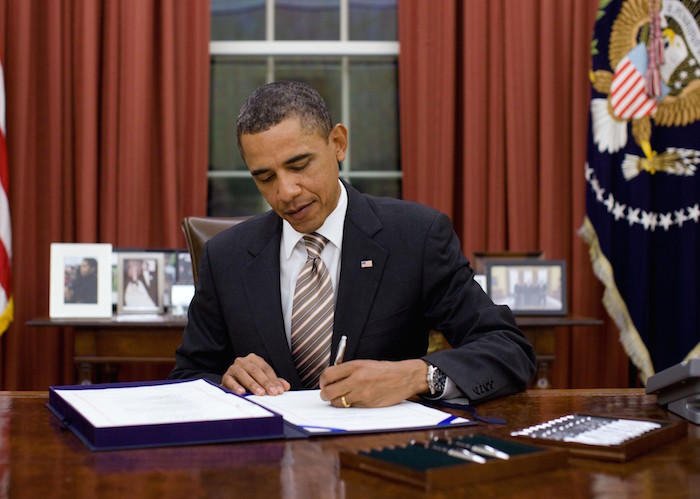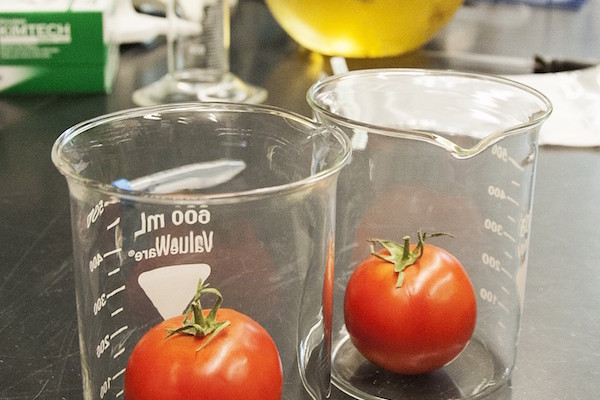According to the United States Centers for Disease Control and Prevention (CDC), about one in six Americans get sick from food each year. Of this statistic, there are an estimated 128,000 hospitalizations and 3,000 deaths in the U.S.
Foodborne illness targets anyone and everyone. Since all types of people can become deathly ill, foodborne illness is especially hazardous to people with generally lower immune systems including small children, pregnant women, and the elderly.
On top of being very dangerous, the source of foodborne illness can be very hard to pin-point. Sickness can be caused after ingesting food hours, days, weeks, or even sometimes months ago. For these reasons, preventing foodborne illness all together is the ultimate goal in regards to minimizing the number of illnesses each year.
What is the Food Safety Modernization Act (FSMA)?
The Food Safety Modernization Act (FSMA) is a new law that ensures the United States food supply is completely safe by shifting the focus of the federal regulators from responding to contamination to preventing it. The Act gives the Food and Drug Administration (FDA) new authorities to regulate the way foods are grown, harvested and processed.
The law now requires the FDA to take on many more rules and issue several guidance documents, as well as multiple reports, plans, strategies, standards, and notices. The Food Safety Modernization Act also grants the FDA several new powers such as mandatory recall authority which the agency has sought for a long time.
Major Elements of the FSMA:
- Preventative Controls
- Inspection and Compliance
- Imported Food Safety
- Response (which calls for mandatory recall authority for all products)
- Enhanced Partnerships (among food safety agencies)

President Barack Obama signs H.R. 2751, the “FDA Food Safety Modernization Act,” in the Oval Office, Jan. 4, 2011. (Official White House Photo by Pete Souza)
Who Passed the Food Safety Modernization Act?
The FSMA had to go through the Senate and the House first, then was officially signed into law by President Barack Obama.
When was the Food Safety Modernization Act Passed?
The FSMA officially became a law on January 4, 2011
Why was the Food Safety Modernization Act Passed?
Foodborne illness is something that is very preventable, yet so many people get sick from food every single day. Therefore, the law was promoted after countless years of incidents involving foodborne illness. During the 2000’s, more foodborne illnesses occurred than any other decade in history.
The FSMA was not only passed to prevent illness, but tainted food has cost the food industry billions of dollars in recalls, lost sales, and legal expenses.
How Does the Food Safety Modernization Make Imported Food Safer?
- Availability of Importer– All importers must verify that their foreign suppliers have satisfactory preventative controls in place to guarantee safety.
- Third Party Certification– The FDA imputes third party auditors to verify that all foreign food facilities adhere to the U.S food standards.
- Refusals– The FDA now has the power to refuse entry into the United States of a food that has been denied by formal U.S inspection.
- High Risk Foods– The FDA is now able to require that high-risk imported foods be accompanied by a dependable third-party certification as a condition of admission into the country.
- Other Additional Resources– Specifically directed towards foreign inspectors.





